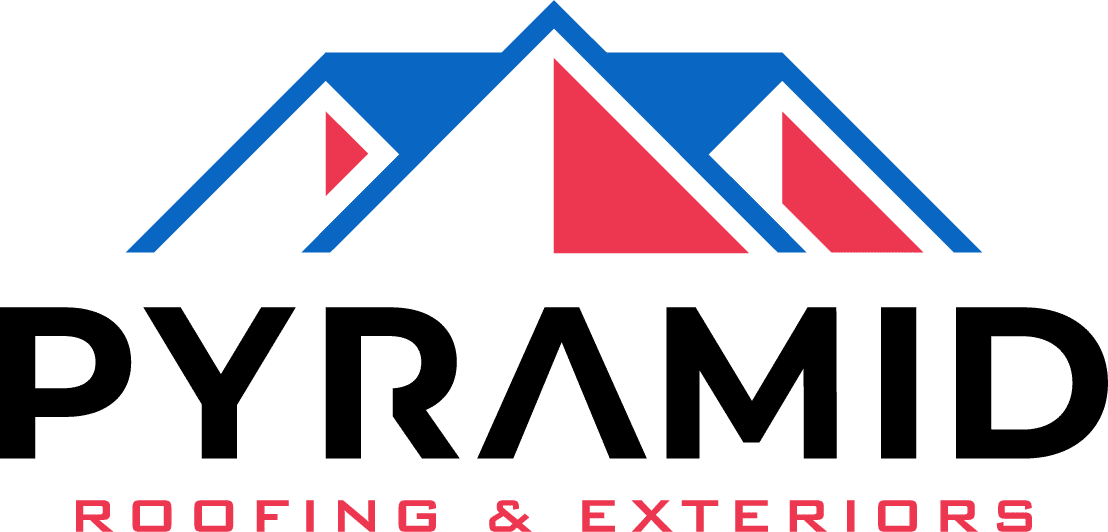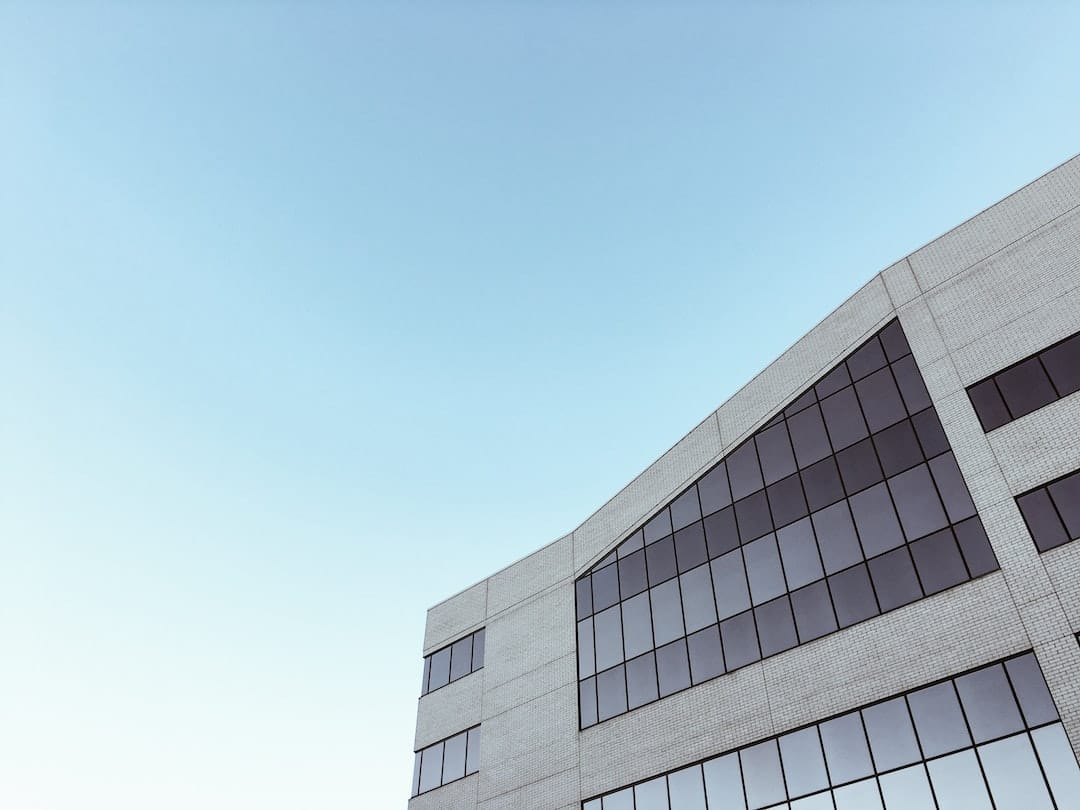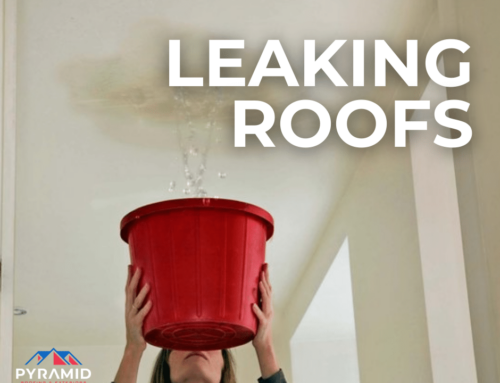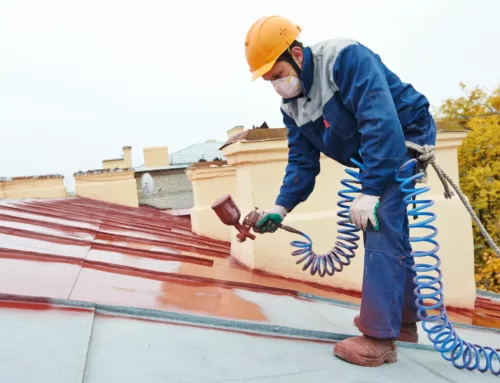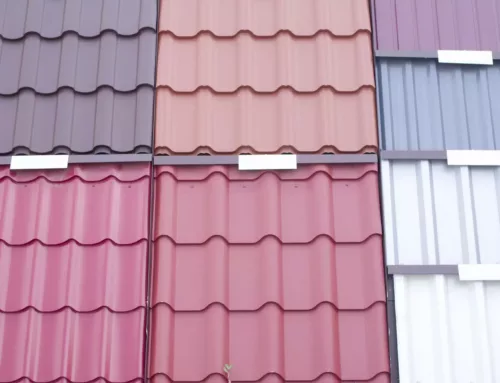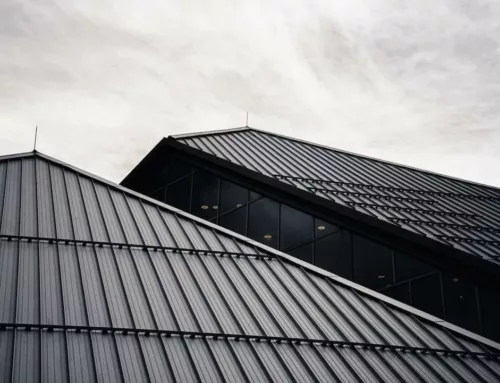Replacing a commercial roof is an important decision for any business owner. With so many types of materials and cost considerations, it’s essential to choose the right contractor and be aware of maintenance tips before committing to a new commercial roof replacement. The benefits associated with replacing your current system can extend beyond improved aesthetics—they may include increased energy efficiency as well as potential tax credits or other incentives from local governments. In this blog post, we’ll discuss these topics in detail so you can make an informed decision about whether commercial roof replacement is right for your building.
Table of Contents:
- Benefits of Commercial Roof Replacement
- Types of Commercial Roofing Materials
- Cost Considerations for Commercial Roof Replacement
- Choosing the Right Contractor for Your Project
- Maintenance Tips for Your New Commercial Roof
- FAQs in Relation to Commercial Roof Replacement
- Conclusion
Benefits of Commercial Roof Replacement
Replacing a commercial roof can provide many benefits for businesses. Improved energy efficiency, increased durability, and enhanced aesthetics are just some of the advantages that come with replacing an old or worn-out roof.
Improved Energy Efficiency
A new commercial roof can help improve energy efficiency by reducing heat transfer from outside to inside the building. This helps keep temperatures more consistent throughout the year and reduces air conditioning costs in summer months. Additionally, reflective materials like metal roofs can reflect sunlight away from the building, further reducing cooling costs.
Increased Durability
Commercial roofs need to be able to withstand harsh weather conditions such as heavy rain, snowfall, hail storms and high winds without suffering any damage or leaks. Replacing an older roof with one made of durable material such as metal or single-ply membranes ensures your business will have reliable protection against these elements for years to come.
Enhanced Aesthetics
No matter what type of material you choose for your project, it is sure to make your building stand out in a positive way. Metal roofs offer unique colors and textures that give buildings a modern look while asphalt shingles provide classic charm with their traditional design options.
Replacing a commercial roof offers numerous benefits, including improved energy efficiency, increased durability, and enhanced aesthetics. But before making a decision on which material to use for your project, it’s important to understand the different types of commercial roofing materials available.
Types of Commercial Roofing Materials
Metal Roofs: Metal roofs are a popular choice for commercial roofing projects due to their durability and energy efficiency. Metal roofs come in a variety of colors, styles, and finishes, making them an attractive option for many businesses. They also provide excellent protection from the elements and can last up to 50 years with proper maintenance. The downside is that metal roofs tend to be more expensive than other materials, such as asphalt shingles or single-ply membranes.
Asphalt Shingles: Asphalt shingles are one of the most common types of commercial roofing materials used today. They’re relatively inexpensive compared to other options and easy to install. Asphalt shingle roofs typically last between 15-30 years depending on the quality of material used and how well they’re maintained over time. However, they don’t offer as much protection from extreme weather conditions as metal or single-ply membrane roofs do.
Single-ply membranes are made from synthetic rubber or plastic polymers that form a waterproof barrier when applied directly onto your existing roof decking system or substrate material like plywood sheathing boards. This type of commercial roof offers superior protection against wind uplift forces caused by storms while providing good insulation value as well. Single-ply membranes generally have longer lifespans than asphalt shingle roofs, lasting anywhere from 20 to 40 years with proper care. The downside is that these systems require professional installation which can add significantly to your overall project cost.
The right roofing material for your commercial building depends on the climate, budget, and aesthetic preferences. In this article, we’ll discuss cost considerations to help you make an informed decision when replacing your commercial roof.
Cost Considerations for Commercial Roof Replacement
When considering the cost of replacing a commercial roof, it is important to consider both the initial investment costs and potential long-term savings. Initial investment costs include materials, labor, permits, and other associated fees. Materials such as metal roofs or single-ply membranes are typically more expensive than asphalt shingles but may offer greater durability and energy efficiency in the long run. Labor costs can vary depending on the complexity of the project and any special requirements for installation. It is also important to factor in permit fees that may be required by local authorities before beginning work on a roof replacement project.
When budgeting for a commercial roof replacement project, it is also important to consider potential long-term savings from improved energy efficiency or increased durability over time. Metal roofs tend to have higher upfront costs but can last up to 50 years with proper maintenance while providing superior insulation compared to traditional asphalt shingle roofs which require more frequent replacements due to wear and tear over time. Single-ply membranes are often seen as an economical option since they provide excellent waterproofing capabilities at lower upfront costs than metal roofs while still offering some degree of insulation benefits when properly installed.
It is possible to save money on installation costs without sacrificing quality workmanship by choosing experienced contractors who understand how different types of materials should be installed correctly according to their specific requirements and specifications. Additionally, researching available rebates or incentives offered by local governments or utility companies could help reduce overall expenses related to installing a new commercial roof system.
Considering the long-term savings potential of commercial roof replacement, it is important to choose a contractor who has the experience and reputation necessary to ensure that your project is completed correctly.
Choosing the Right Contractor for Your Project
When it comes to selecting a contractor for your commercial roof replacement project, experience and reputation are two of the most important factors. You want to make sure that you are working with someone who has a proven track record of success in the industry. Ask around for recommendations from friends or family members who have had similar projects done in the past, or look online for customer reviews and ratings.
Licensing and insurance requirements should also be taken into consideration when choosing a contractor. Make sure that they have all necessary permits and certifications required by local laws, as well as liability insurance to protect both parties in case of any accidents or damages during the project. Additionally, ask about their warranty policies so you know what kind of coverage is included if something goes wrong after completion.
It’s also wise to get multiple quotes from different contractors before making your decision so you can compare prices and services offered side-by-side. Don’t just go with the lowest bid; instead, consider other factors such as quality materials used, customer service provided throughout the process, turnaround time on completion dates promised versus actual results achieved, etc., before signing any contracts or agreements.
Finally, don’t forget to check references. Talk with previous customers who have worked with this particular contractor on similar projects in order to get an honest opinion about their workmanship and overall satisfaction level after job completion. This will give you peace of mind knowing that you are making an informed decision based on reliable feedback from people who have already gone through this process themselves successfully – which ultimately leads us back full circle: choose wisely.
When it comes to choosing the right contractor for your project, make sure they have the experience and reputation necessary to complete the job properly. Now that you’ve chosen a contractor, let’s look at some tips on how to maintain your new commercial roof.
Maintenance Tips for Your New Commercial Roof
Regular inspections of your commercial roof are essential for identifying potential issues before they become major problems. It’s important to inspect the entire roof surface, including the flashing, gutters, and downspouts. You should also look for signs of water damage or standing water on the roof. If you notice any areas that need attention, contact a professional contractor as soon as possible to have them repaired or replaced. Additionally, it’s important to keep your commercial roof clean by removing debris such as leaves and branches from the surface regularly.
Repairing Damage Promptly: Any time you notice signs of damage on your commercial roof—such as cracks in shingles or tiles, loose seams in metal roofs, or punctures in single-ply membranes—it’s important to repair them promptly before they can cause more serious issues like leaks or structural damage. Contact a professional contractor right away if you find any damaged areas so that they can be properly assessed and repaired quickly and efficiently.
Scheduling regular maintenance services with a qualified contractor is one of the best ways to ensure that your new commercial roof stays in top condition over time. A good maintenance plan should include an annual inspection along with minor repairs when needed throughout the year; this will help prevent costly repairs down the line due to neglected wear-and-tear over time. Additionally, having a professional perform routine cleaning services will help maintain optimal performance levels for years to come while keeping energy costs low at all times.
FAQs in Relation to Commercial Roof Replacement
How much does it cost to replace 1000 sq ft of roof?
The cost of replacing 1000 sq ft of roof depends on a variety of factors, such as the type and quality of materials used, labor costs, local market conditions, and other considerations. Generally speaking, homeowners in the Kansas City metropolitan area can expect to pay anywhere from $4-7 per square foot for basic asphalt shingle roofing installation. This cost could be higher or lower depending on the specific details involved with your project. It is important to consult with a qualified roofing contractor to get an accurate estimate for your particular job.
What is the most common type of roof for commercial buildings?
The most common type of roof for commercial buildings is a flat or low-slope roof. This type of roof typically consists of a single layer of waterproof material, such as modified bitumen, thermoplastic polyolefin (TPO), or ethylene propylene diene monomer (EPDM). These materials are designed to be highly durable and resistant to the elements. Flat roofs are often used on commercial buildings because they provide an economical solution that can easily accommodate large rooftop equipment, such as HVAC units and solar panels. Additionally, these roofs require less maintenance than other types of roofs due to their simple design.
How long does it take to replace a 1000 square foot roof?
The time it takes to replace a 1000 square foot roof depends on several factors, such as the type of roofing material being used and the complexity of the job. Generally speaking, a professional roofing contractor can complete this size of job in 1-2 days depending on weather conditions and other circumstances. It is important to note that more complex jobs may take longer than two days while simpler jobs may be completed in one day or less. Ultimately, your local roofing contractor will be able to provide you with an accurate timeline for your specific project.
What’s the difference between commercial and residential roofing?
Commercial roofing is the process of installing and maintaining roofs on commercial buildings, such as office buildings, warehouses, factories, etc. It typically involves larger scale projects than residential roofing and requires specialized materials and expertise to ensure a safe and secure installation. Commercial roofing also often includes additional features like insulation or waterproofing that are not necessary in residential applications. Residential roofing is the process of installing and maintaining roofs on single-family homes or other smaller structures. The scope of work is usually much smaller than commercial projects but still requires knowledge of local building codes for safety purposes. Materials used in residential roofing are generally less expensive than those used in commercial installations due to the smaller size of most jobs.
Conclusion
When it comes to commercial roof replacement, there are many factors to consider. From the type of material you choose, to the cost and maintenance requirements, making sure that you have chosen the right contractor for your project is essential. By taking into account all of these elements, you can ensure that your new commercial roof will provide long-term protection and value for your business or property. With proper installation and maintenance, a quality commercial roof replacement can last for decades with minimal upkeep required.
Are you in need of commercial roof replacement? Look no further than Pyramid Roofing. Our experienced team has the expertise and resources to ensure your new roof is installed correctly, quickly, and affordably. Contact us today for a free quote – we’re here to help!
